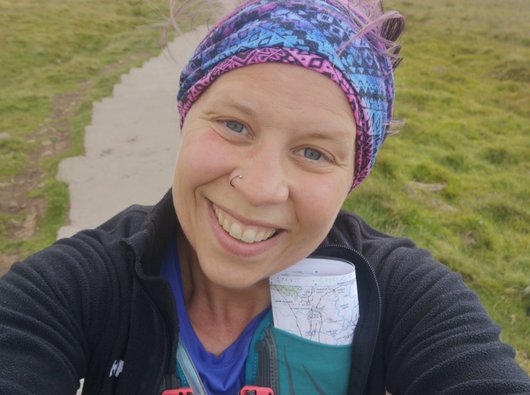Active monitoring for myelodysplactic syndromes (MDS)
Because MDS is often slow-growing, many people don’t need treatment straight away. Some people don’t need treatment for many years. Instead, they may have active monitoring (watch and wait).
What is active monitoring?
If your doctor doesn’t think you need treatment for MDS, you’ll go on active monitoring. This means you’ll have regular check-ups to monitor the MDS.
You may also hear this approach called watch and wait, watchful waiting or active surveillance.
Why am I waiting for treatment?
Your doctor might recommend active monitoring if you have lower risk MDS and you have few or no worrying symptoms. Saving treatment for later is safe in this situation and means the treatment will have more impact if you need it later. You’ll also avoid potential treatment side effects for as long as possible.
What will happen at my check-ups?
Your check-ups will involve blood tests, which may be done at the hospital or at your GP surgery. A nurse or a phlebotomist (a person who specialises in taking blood samples) will take some blood and send it to a laboratory. The laboratory will check the numbers of each type of blood cell in your blood sample.
Your doctor or nurse will also ask you if you have any symptoms, like tiredness, feeling breathless, bruising or bleeding easily. Make sure you tell them about any changes in your symptoms, and any worries you have.
It’s getting more common now to discuss your test results by phone or video call, which many people find convenient. But you can ask to have your appointments face-to-face if you prefer.
Ask your doctor or nurse who you should contact if you have any concerns in between appointments. Usually there will be a clinical nurse specialist (CNS) who is an expert in looking after people with conditions like MDS. They will often be your main point of contact for questions.
"Don’t be afraid to trust your instincts, because you know your own body better than anyone else. If you’ve had a change in how you’re feeling between blood tests, like you’re feeling more tired or getting more bruises, then contact your hospital team."
Emma, diagnosed with MDS in 2011.

Will I need treatment in the future?
Many people stay on active monitoring for years without needing any treatment. You won’t start treatment until your doctor thinks it’s the right time.
Each time you have a check-up, your doctor will be looking for signs that show whether the MDS is growing and needs treatment. They will look for changes in your blood test results, like your blood counts going down.
They will also want to know if you are having any symptoms. Low blood counts on their own don’t always need treatment. But if you have low blood counts and are also having symptoms this could be a sign you need to start treatment.
Recording your symptoms
Many people find it helpful to note down how they’ve been feeling in a symptom diary. This helps you notice if anything changes and makes it easier to report any symptoms to your doctor.
It’s important to tell your doctor if anything changes. It doesn’t always mean the MDS is progressing – your doctor will look at a range of things before deciding whether you need treatment.
Coping with your feelings
Being on watch and wait can be tough emotionally. It might feel strange to be told you have blood cancer but don’t need treatment. It can be hard to explain to others, and people often say their anxiety level rises as their next check-up comes nearer.
You may find it helpful to read our information about active monitoring, including personal stories from people who are on watch and wait themselves.
You may also like to join our online community forum to connect with other people on watch and wait for blood cancer. The charity MDS UK Patient Support Group can also put you in touch with local MDS support groups.
If you want to talk to someone, contact our Support Service on 0808 2080 888 or [email protected] and tell us how you are.
You can also ask your GP or hospital team for a referral for counselling or refer yourself if you live in England.

Active monitoring
If you're on active monitoring (watch and wait) learn what it means and find ways to cope.
